The Russell Brand case reveals the dangers of trial by media
However awful the allegations, a rush to judgement is always a recipe for injustice.

The investigation into allegations of rape, sexual assault and abuse by Russell Brand, conducted by Channel 4’s Dispatches programme and The Sunday Times, should be taken very seriously.
The complaints raised by the investigation are credible. One complainant’s detailed account of a rape was recorded by a rape-crisis centre in Los Angeles on the same day that the incident is alleged to have taken place. Another complainant was a 16-year-old girl from the UK. She claims Brand forced his penis down her throat. The investigation has confirmed that Brand and the girl were in a relationship when Brand was 30 and she was 16. This doesn’t corroborate oral rape – which is what ‘forcing’ someone to give oral sex amounts to – but it does make the complaint more credible. There is more to these allegations than just one person’s word against another.
This has prompted a lot of discussion about the dangers of ‘trial by media’. Some are arguing that Brand is entitled to the presumption of innocence and that we should not form a judgement about him until his case is tested in a court of law. Others say that the presumption of innocence is merely a legal principle, which should not be broadened into our everyday lives. These same people seem entirely relaxed about Brand being declared guilty in the court of public opinion, and have celebrated the fact that investigative journalism can make up for deficiencies in the justice system.
Formally, the ‘presumption of innocence’ does only apply in the courtroom, when an individual is faced with the power of the state. Nevertheless, the dangers of rushing to judgement in any case like this are still very real. No one should be summarily punished based on allegation alone. Of course, people will form personal judgements about others based on what they hear and read. But this becomes far more dangerous when social consequences follow from these judgements.
As it stands, Brand’s current tour has now been postponed, and all material featuring him has been removed from the Channel 4 website (except the Dispatches programme). He is already being punished on the basis of the abuse allegations.
Yet, as we have seen in several recent cases, apparently credible allegations can fall apart on proper consideration of the evidence. Consider the acquittal of Kevin Spacey this year, or the exoneration of Harvey Proctor in 2016. In both cases, the damage was done from the moment the allegations were made. Spacey lost his career following those accusations of sexual assault. And Proctor faced years of uncertainty before being cleared of child sexual abuse.
This is why the ‘presumption of innocence’ is useful as a wider moral principle, even outside the courtroom. As a rule, we should believe the best of people unless the opposite is properly established. It has only been a matter of days since the Russell Brand documentary aired. We should treat it as a well-sourced and compelling piece of journalism. But we cannot treat it as the final word on his guilt or innocence.
This is even more important when we consider that further allegations may still come to light. As I write, the Metropolitan Police have announced that additional allegations were made against Brand over the weekend, following the airing of the documentary. There is clearly a danger that false or malicious allegations will be made on the strength of the media reaction to the investigation. There is also a risk that any true allegations made in the coming days and weeks will be tainted by their association with the media frenzy. It is essential that we treat these allegations rationally – neither blindly believing them nor dismissing them out of hand. This is the only way to get at the truth.
We will all make private judgements about people in the public eye. That doesn’t mean that the media can take the place of a judge, jury and executioner. The dangers of trial by media should never be underestimated.
Luke Gittos is a spiked columnist and author. His most recent book is Human Rights – Illusory Freedom: Why We Should Repeal the Human Rights Act, which is published by Zero Books. Order it here.
Picture by: Getty.
To enquire about republishing spiked’s content, a right to reply or to request a correction, please contact the managing editor, Viv Regan.

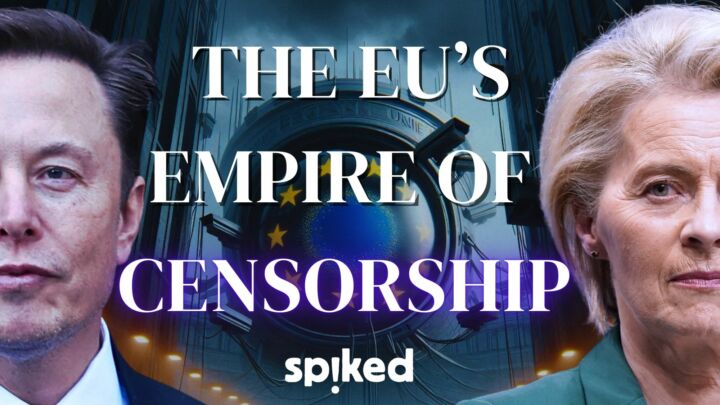
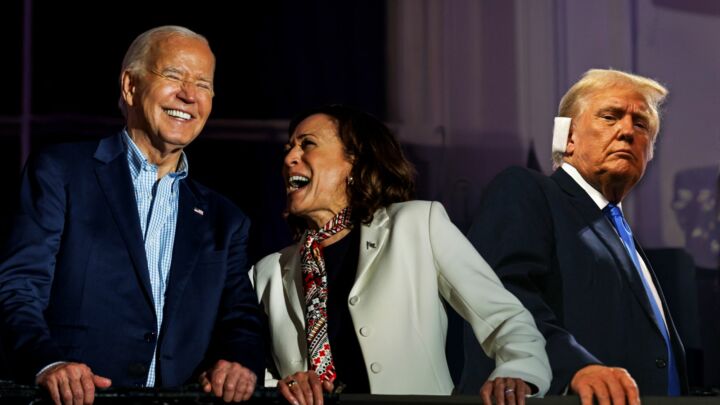

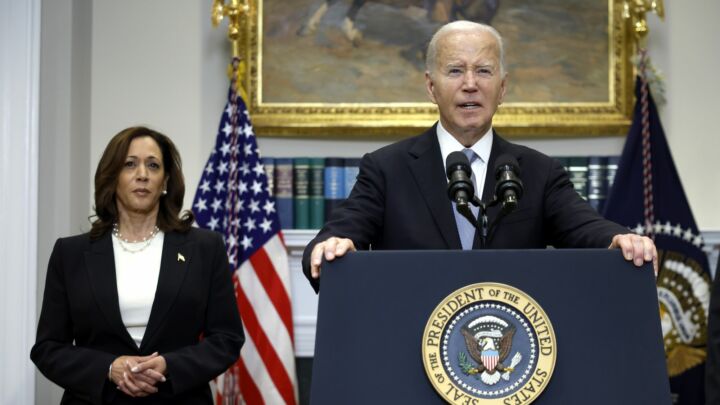
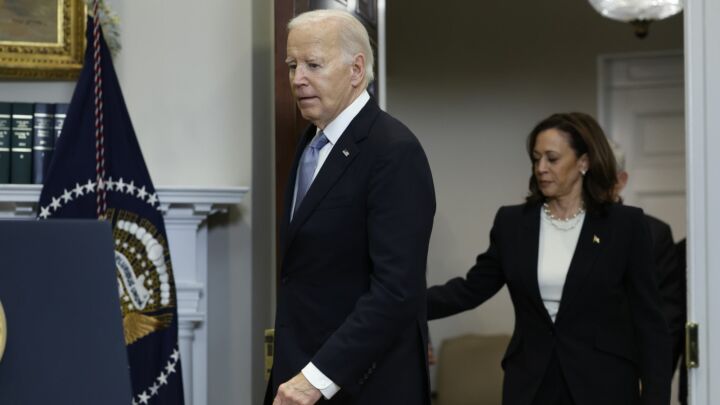
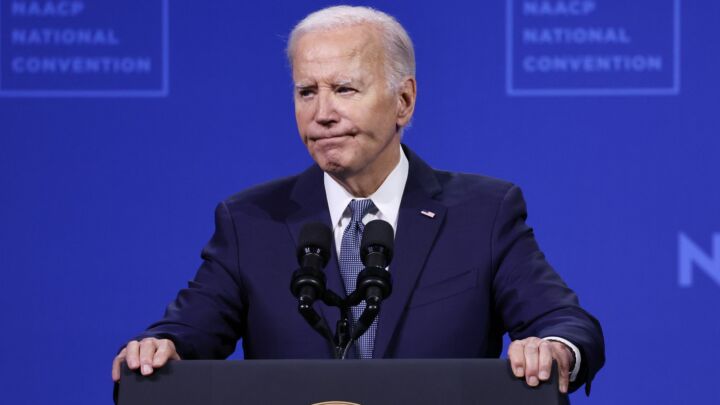



Comments
Want to join the conversation?
Only spiked supporters and patrons, who donate regularly to us, can comment on our articles.